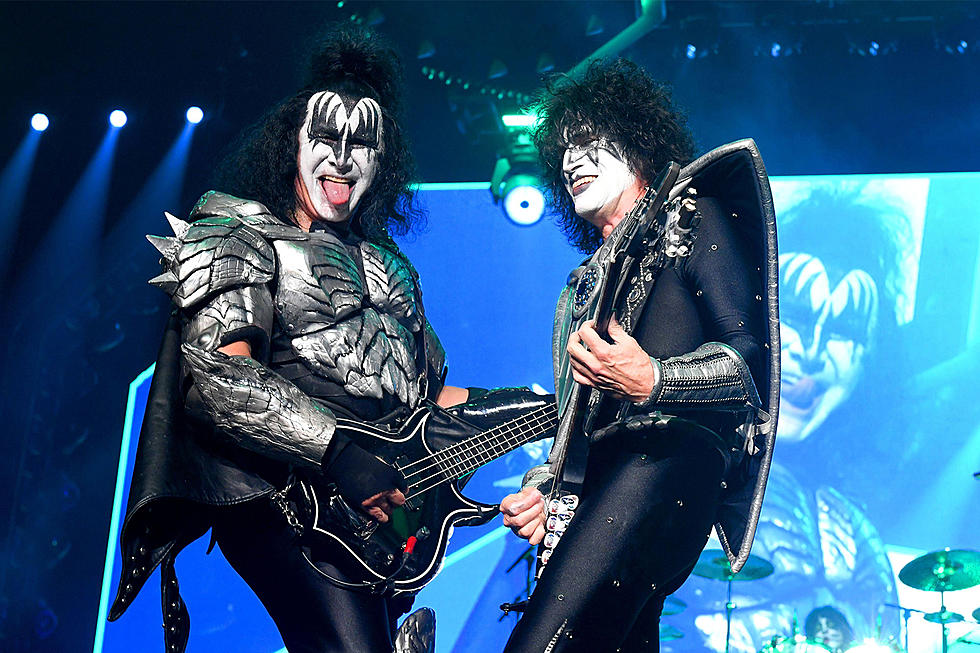
What’s the Difference Between a Hurricane, a Cyclone and a Typhoon?
We're in the middle of hurricane season, so we spend a lot of time listening to meteorologists geek out about storm systems and weather patterns. They get that excited, yet appropriately concerned, look in their eyes as they chatter on about tropical cyclones, typhoons and hurricanes. But are the systems they're talking about all the same thing, or is there a difference? And what about tornadoes?
Technically, yes, there are differences between hurricanes, typhoons and cyclones. But the differences are slight and mainly come down to location, location, location.
A tropical cyclone is the generic term for a low-pressure system over tropical waters with thunderstorm activity and cyclonic wind circulation. So, really, it’s not just a clever name. This is the starting system that can build into a tropical depression, then a tropical storm and then, depending on where it is, a hurricane, a typhoon or a severe cyclonic storm—all depending on the wind speed.
When the winds in a tropical storm pick up speed in the North Atlantic Ocean, the North Pacific Ocean (east of the International Date Line) or the South Pacific Ocean (east of longitude 160E), the system is called a hurricane, which is what we're familiar with in North America.
If a tropical storm's winds pick up in the northwest Pacific Ocean, west of the international dateline, near Asia, then the resulting system is called a typhoon. If these events occur in the north Indian Ocean, near India, the storm becomes a severe cyclonic storm; in the southwest Indian Ocean, the term tropical cyclone is used throughout.
Keep in mind that hurricanes, typhoons and cyclonic storms can only occur over waters that are warm enough to support their activity. Large gaps in the oceans, where waters are much cooler, never see storms like these.
The only other thing to remember is that these storms are tropical, meaning they happen over water. When a cold air mass meets a warm air mass and causes a low-pressure weather system with cyclonic wind circulation over land, it is also called a cyclone, but not a tropical cyclone. And a cyclone over land differs from a tornado in that the word cyclone generally refers to the meeting of the air masses in the atmosphere, while the word tornado refers to the violently rotating column of air that reaches land and is the result of the clashing air masses, although the terms are commonly interchanged.
More From WGBFAM









